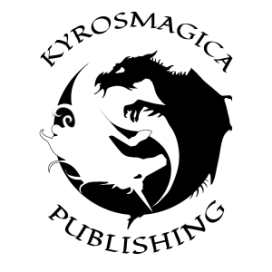To prologue or not to prologue, to reblog or not to reblog, that is the question. The answer’s going to hook you in. Do check out Graeme’s post, along with his wonderful TV examples such as The Saint, the Sweeney and, Jason King. Enjoy.
After giving some feedback to Marje (find her on the delightfully quirky blog site Kyrosmagica) about the prologue to her current WIP, she suggested I write a post on the subject. I suspect my enthusiasm for prologues came across quite strongly.
To be fair, I think that enthusiasm stems from a misspent childhood. (Sadly, when I say misspent, I mean my life revolved around the TV rather than getting up to any more interesting shenanigans.)
You see, a lot of the TV shows of the 60s and 70s opened with a scene to set up the rest of the programme. That set-up might be a crime being committed, a pursuit (surprisingly often in the case of The Avengers), or even an incident unrelated to the rest of the story, but demonstrating the hero’s abilities.
The bottom line, though, is that prologues are basically pre-title sequences.
I was talking to…
View original post 589 more words


